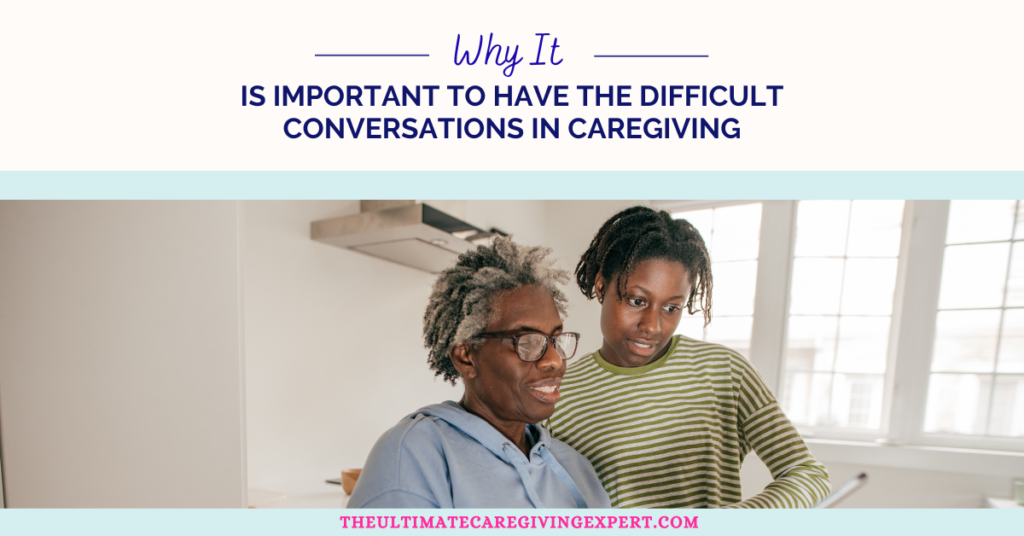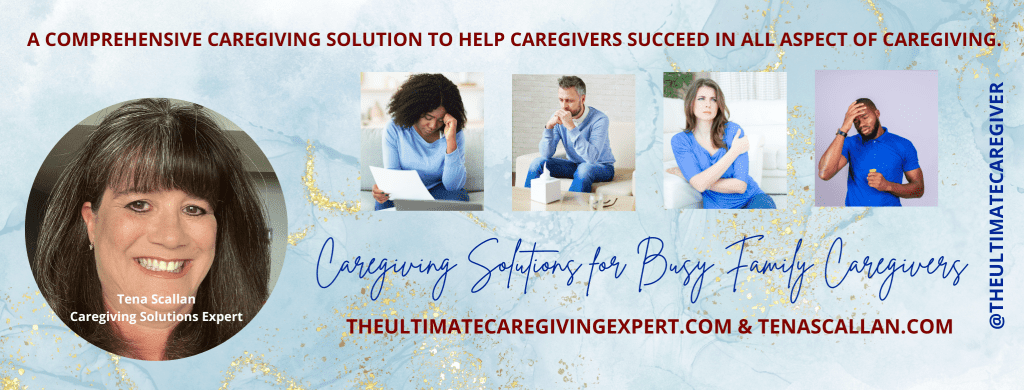Understanding the Significance of Difficult Conversations in Caregiving
Caregiving is a journey filled with numerous challenges and emotional complexities. Furthermore, one of the most daunting aspects of this journey involves having difficult conversations. These discussions often revolve around sensitive topics like end-of-life care, financial planning, and healthcare decisions. However, avoiding these conversations can lead to misunderstandings, increased stress, and missed opportunities for meaningful connections. Also, understanding the importance of these difficult conversations can transform the caregiving experience, fostering clarity, compassion, and cooperation among all involved.
Building Trust Through Transparent Communication
Transparent communication is the cornerstone of a healthy caregiver-care-recipient relationship, serving as the foundation for mutual understanding and cooperation. Also, when caregivers and their loved ones engage in open and honest discussions about their concerns, wishes, and needs, it fosters a deep sense of trust and mutual respect. Furthermore, this transparency is crucial, as it ensures that all parties are aligned in their expectations and intentions, thereby reducing the potential for conflicts, misunderstandings, and emotional distress. Also, clear communication not only helps in managing day-to-day caregiving tasks more effectively but also strengthens the emotional bond between caregivers and care recipients, creating a supportive and harmonious caregiving environment.
- Promotes honesty and openness, reducing fear and anxiety
- Ensures that care decisions align with the care recipient’s values and preferences
- Strengthens the bond between caregivers and care recipients
Navigating Emotional Turmoil with Empathy
Caregiving often involves navigating a complex web of emotions, where caregivers and their loved ones may experience feelings of guilt, frustration, sadness, and even resentment. Moreover, these emotions can make it challenging to approach sensitive topics, leading to communication barriers and increased stress. However, addressing these emotions head-on with empathy and understanding is crucial for maintaining a healthy caregiver-care-recipient relationship. Furthermore, by acknowledging and validating each other’s feelings, caregivers and their loved ones can create a safe space for open dialogue, fostering emotional support and mutual understanding. Also, this empathetic approach not only helps in alleviating emotional burdens but also strengthens the emotional resilience of both caregivers and care recipients, enabling them to face caregiving challenges with greater compassion and cooperation.
- Validates the emotions of all parties involved
- Creates a safe space for expressing feelings and concerns
- Facilitates emotional healing and reduces stress
Planning for the Future with Confidence
One of the primary reasons for engaging in difficult conversations is to ensure thorough and confident planning for the future. Discussing critical topics such as advanced directives, power of attorney, and living wills is essential to guarantee that the care recipient’s wishes are respected and adhered to during times of need. These discussions might be uncomfortable, but they are crucial in preventing last-minute crises and uncertainties. By proactively addressing these topics, caregivers can make informed decisions that align with their loved one’s values and preferences, providing peace of mind for everyone involved. This foresight not only facilitates smoother transitions during emergencies but also helps in building a structured and reliable caregiving plan that honors the care recipient’s desires and ensures their dignity and comfort.
- Clarifies the care recipient’s wishes for medical and end-of-life care
- Prevents family disputes over care decisions
- Ensures legal and financial preparedness

How To Talk To Your Parent About
Giving Up Their Driver's License.
What if there were a way to explain, in a loving and caring manner, the hazards of driving while highlighting the benefits of doing so? Check out the tips and suggestions that you could use to talk to your loved ones about giving up their driver’s licenses that could be delivered in a patient and thoughtful way.
Enhancing Caregiver Well-being Through Open Dialogue
Caregivers often face immense stress and burnout due to the demanding nature of their responsibilities. Engaging in open dialogue about caregiving challenges, needs, and limitations is essential for enhancing caregiver well-being. By discussing their boundaries, seeking support, and sharing the caregiving load, caregivers can effectively manage their duties while maintaining their own health and well-being. This open communication helps caregivers identify areas where they need assistance, allowing them to seek help from family members, friends, or professional services. Additionally, it promotes a sense of community and shared responsibility, reducing the feeling of isolation and overwhelming burden. Ultimately, fostering open dialogue not only benefits the caregiver but also improves the overall quality of care provided to the care recipient.
- Reduces caregiver stress and burnout
- Encourages seeking help and building a support network
- Improves overall caregiver health and well-being
Fostering a Collaborative Care Environment
Caregiving is rarely a solo endeavor; it typically involves a team of family members, healthcare professionals, and sometimes friends, all working together to provide the best possible care. Initiating difficult conversations early on is crucial in fostering a collaborative environment where everyone understands their roles and responsibilities. By clearly defining each person’s contributions and expectations, these discussions ensure that all parties are aligned and coordinated in their efforts. This collaborative approach leads to more effective and efficient care, as it reduces the likelihood of misunderstandings and duplications of effort. Moreover, it helps to distribute the caregiving load more evenly, preventing burnout and ensuring that the care recipient receives comprehensive and well-rounded support from a dedicated team.
- Encourages teamwork and shared responsibilities
- Ensures all care team members are informed and aligned
- Improves the quality of care provided
Empowering Care Recipients
Difficult conversations play a crucial role in empowering care recipients by actively involving them in decisions about their own care. This inclusion is vital as it respects their autonomy and ensures that their preferences and desires are considered. By giving care recipients a voice in the planning and decision-making processes, caregivers can provide more personalized and satisfactory care. This empowerment not only enhances the care recipient’s quality of life but also fosters a sense of dignity and self-worth. Including care recipients in these conversations helps to build a more collaborative and respectful caregiving relationship, ensuring that the care provided truly aligns with their individual needs and values.
- Respect the autonomy and dignity of the care recipient
- Ensures care decisions reflect the care recipient’s desires
- Enhances the care recipient’s quality of life
Conclusion: The Transformative Power of Difficult Conversations
In conclusion, having difficult conversations in caregiving is not just about addressing uncomfortable topics; it is about fostering a compassionate and transparent environment where everyone’s needs and wishes are respected. These conversations build trust, reduce stress, and ensure that both caregivers and care recipients feel supported and understood. By embracing these discussions, caregivers can navigate the complexities of their role with confidence and clarity. If you’re a caregiver, don’t wait for the “right time” to have these important conversations. Start today. Create a space for open dialogue, involve your loved ones in decisions about their care, and seek the support you need. Visit our Caregiver Resources page for more tips and tools to help you through your caregiving journey.






